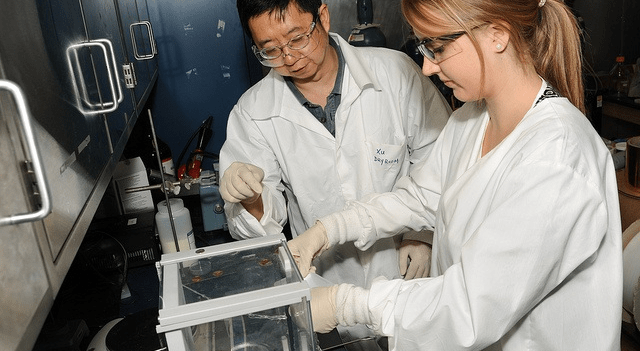Lyra Therapeutics (NASDAQ:LYRA) saw its stock soar by 180% after releasing encouraging Phase 3 results for its lead investigational product, LYR-210, a bioabsorbable nasal implant intended to treat chronic rhinosinusitis (CRS). The company’s pivotal ENLIGHTEN 2 trial met its main goal, showing statistically significant symptom relief in patients.
The study confirmed that LYR-210 provided meaningful improvement in the three primary CRS symptoms – nasal blockage, discharge, and facial pressure – at the 24-week mark. The trial’s primary endpoint was achieved with a p-value of 0.0078, while key secondary measures also reached statistical significance, including improvement in the full trial population’s 3CS (p=0.0209) and the SNOT-22 score, a validated measure of symptom burden (p=0.0101).
What made the data particularly compelling was the early onset of benefit, with noticeable improvements starting as soon as four weeks and persisting throughout the 24-week period. LYR-210 also demonstrated a favorable safety profile, comparable to the sham (placebo) control used in the study.
In addition, Lyra shared results from a pooled subgroup analysis of 64 CRS patients with nasal polyps across both ENLIGHTEN 1 and ENLIGHTEN 2 trials. While not all outcomes in this group reached statistical significance, there was a positive trend in several key measures over the 24-week timeframe.
The company sees these results as a critical milestone in its mission to offer a six-month, single-administration treatment option for CRS sufferers who don’t respond to current medical therapies. Plans are underway to engage with the U.S. Food and Drug Administration (FDA) on a potential New Drug Application (NDA) submission targeting patients without nasal polyps. A separate development strategy for those with polyps is also under consideration.
CEO Maria Palasis, Ph.D., emphasized that the trial results not only underscore the clinical promise of LYR-210 but also strengthen the broader potential of Lyra’s drug delivery platform for ear, nose, and throat (ENT) disorders.
Investors reacted strongly to the news, reflecting confidence in the therapy’s commercial viability and regulatory prospects. The company is set to host a conference call at 8:30 a.m. ET to further discuss the findings and outline its next steps in development and commercialization.
